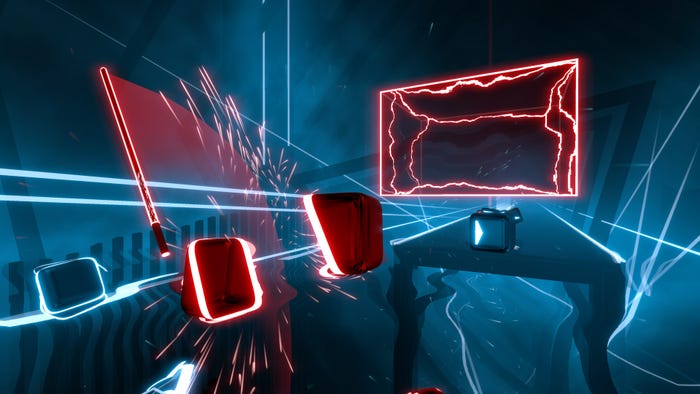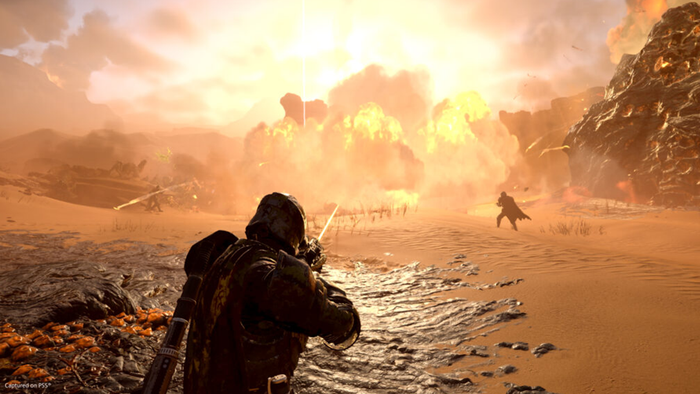Written Opinion Challenge Era: 1986-1994
My answer to: After Nintendo’s explosion as the "King of Video Gaming", many legal battles began to pop up. Why do you think these legal battles became so frequent, and did any of the decisions affect the companies involved in a negative way?"

When it comes to legal battles in the video game industry it goes without question that Nintendo would have the preverbal bull’s eye on their backs. They did have the Nintendo Entertainment System (NES) the home gaming console that took the world by storm.
Some may argue that Nintendo put the bull’s eye on their own backs when they created the 10NES a security program that stopped the system from communicating with unauthorized games cartridges. According to the Ultimate History of Video Games (p 373-374) Atari filed suit on December 12, 1988, stating that “improperly using its patent and greater market share to monopolize the home video game market.”
This was done after Hideyuki Nakajima signed a contract with Nintendo so that his company Tengen (a subsidiary of Atari games) could create Atari games for the NES. After signing the contract designers from Atari began trying to figure out how the 10NES program worked and how they could by pass it.
When that didn’t work Nakajima and his lawyer created a fake affidavit that was used to get there hands on a reproduction of the 10NES code from the Copyright Office. To quote Judge Fern M. Smith “After deciphering the 10NES program, Atari developed its own program—the Rabbit program—to unlock the NES”, while it proved to be an effective way to finally break the code on the 10NES it was also very illegal.
On December 12, 1988, Atari filed a suit against Nintendo saying that they were using their patent and their share of the market to monopolize the video game market. This was actually away to get a jump on Nintendo from filing any injunctions when Atari started manufacturing their own cartridges for the NES.
When you look at this situation alone it is pretty clear that Atari’s approach to dealing with Nintendo was the acts of a desperate company. Atari tarnished their reputation with the legal system by obtaining the 10NES program illegally, but to make matters worse when they manufactured and marketed their Tengen cartridges Nintendo pressured retailors into pulling the cartridges off of their shelves.
After Nintendo sent the letters to retailors telling them to pull the Tengen cartridges or risk having Nintendo pull their lucrative products, they (Nintendo) filed a countersuit against Atari for copyright infringement. In the case Judge Fern M. Smith ruled that because the Rabbit program recycled some of the original code and was therefore firmly established illicit copying. Atari was ordered to recall all of the cartridges that had been made.
This was only the beginning of the war between Atari and Nintendo that ultimately ended with Atari closing down and Nintendo going on to be the “King of Video Games.”
References
Kent, S. (2001) "The Ultimate History of Video Games." (p 371-377) Retrieved on June 20, 2014.
Read more about:
BlogsAbout the Author(s)
You May Also Like













